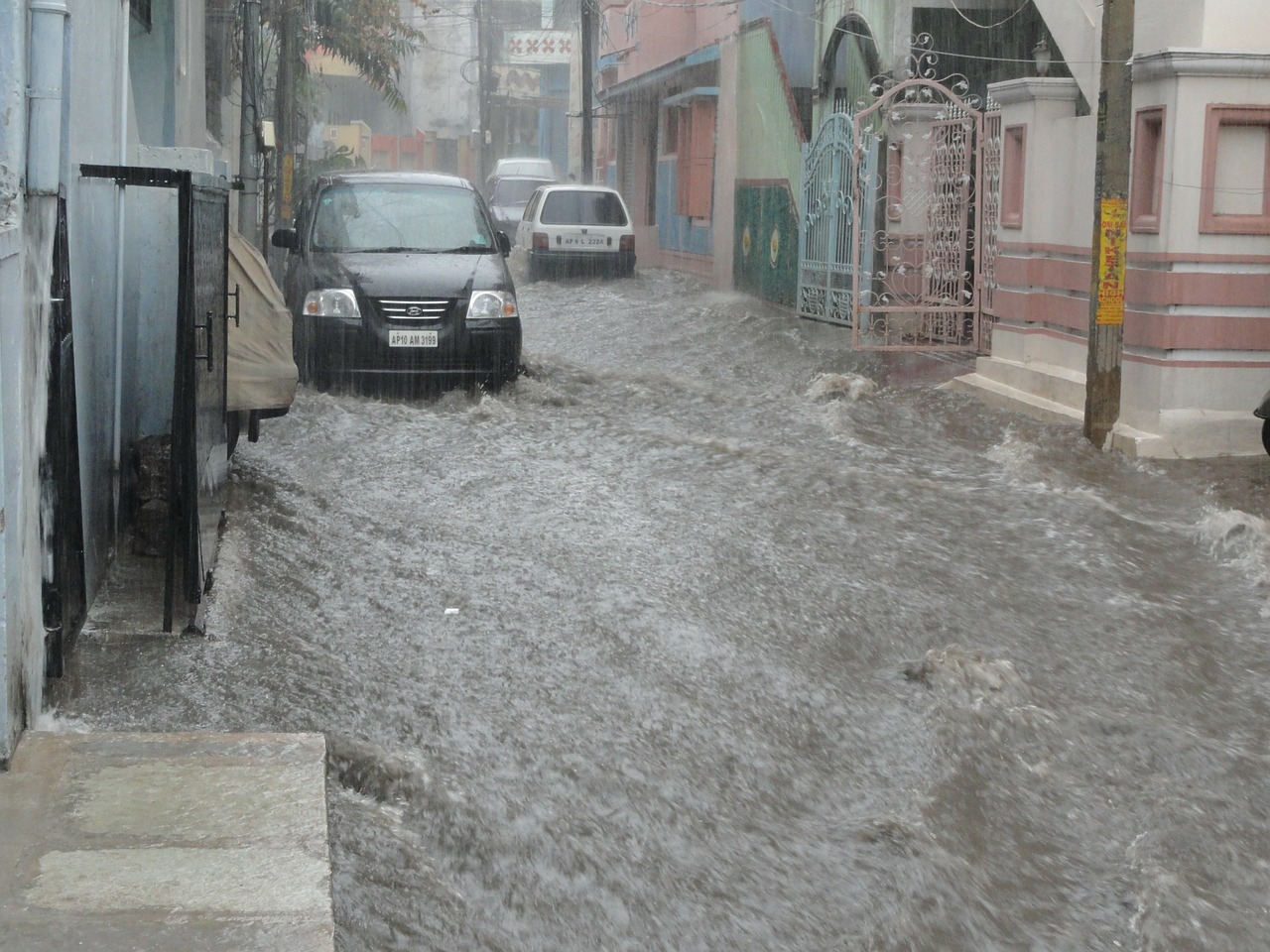

You just pulled your car out of the lake, and now you’re wondering what step two is. Of course, that is not the only way that a car can suffer water damage, but you may feel just as helpless if your car has been flooded in any way. After all, there is a reason that CarFax reports check for flood damage, and it is something that you hope you will never have to deal with.
If you had the foresight to get flood coverage as a part of your vehicle’s insurance policy, you may not have to worry about it at all. The insurance company will likely write off the vehicle as a total loss, and you will receive payment in the amount of the vehicle’s value. If that is not the case, it is obviously not ideal, but it is also not the end of the world. There are some steps you can take to reduce the water damage done to the inside of the vehicle after the event has occurred.
First, keep in mind that the following steps deal only with the interior of the car. The engine and exterior will take professional work to repair water damage, but these are some steps you can take right away.
This sounds obvious, but it is not as easy as it sounds. First, use a wet vacuum to remove all the excess water possible. Once you have done that, you will need to remove any loose items like floor mats and hang them to dry. Then comes the hard part.
You will need to dismantle as much of the interior as possible. You will need to remove soaked carpets to keep the water from seeping through and possibly rusting the metal below. Then take out the seats and console, making sure to disconnect any electrical wires attached in the process.
Now that you have as much of the interior dismantled as possible, you can begin the drying process. Leave all the doors and windows open to allow the car to air dry and use the vacuum for as much water as possible. Then you can use an air compressor to blow out excess moisture.
When you are certain that the car is completely dried out, you can begin to put the everything back in place. After that point, the only step left is getting the stink out. The easiest way to do this is by taking it to a local car wash and letting them give it a good deodorizing.
Even after taking the steps listed above, chances are that your car will never be the same again after suffering considerable water damage. You may be able to remove the excess water, dry the car out and deodorize it to the point where visible damage is barely noticeable, but there may be mechanical and structural problems that cannot be easily remedied.
If you live in an area that is prone to flooding or in any other conditions where vehicle water damage could be a likely scenario, your best protection will always be a decent auto insurance policy. Car insurance companies may take your geographic area, typical weather conditions and other factors into consideration when quoting you a price, so you may want to shop around before settling on a policy.
Of course, the engine and structure of the car will always be the most important aspects of any vehicle, and serious exterior damage may be outside of your power to remedy. But if everything else checks out and you are able to successfully remove excess water and reduce damage to the interior, your passengers–or potential buyers– may never have to know how wet things once were.